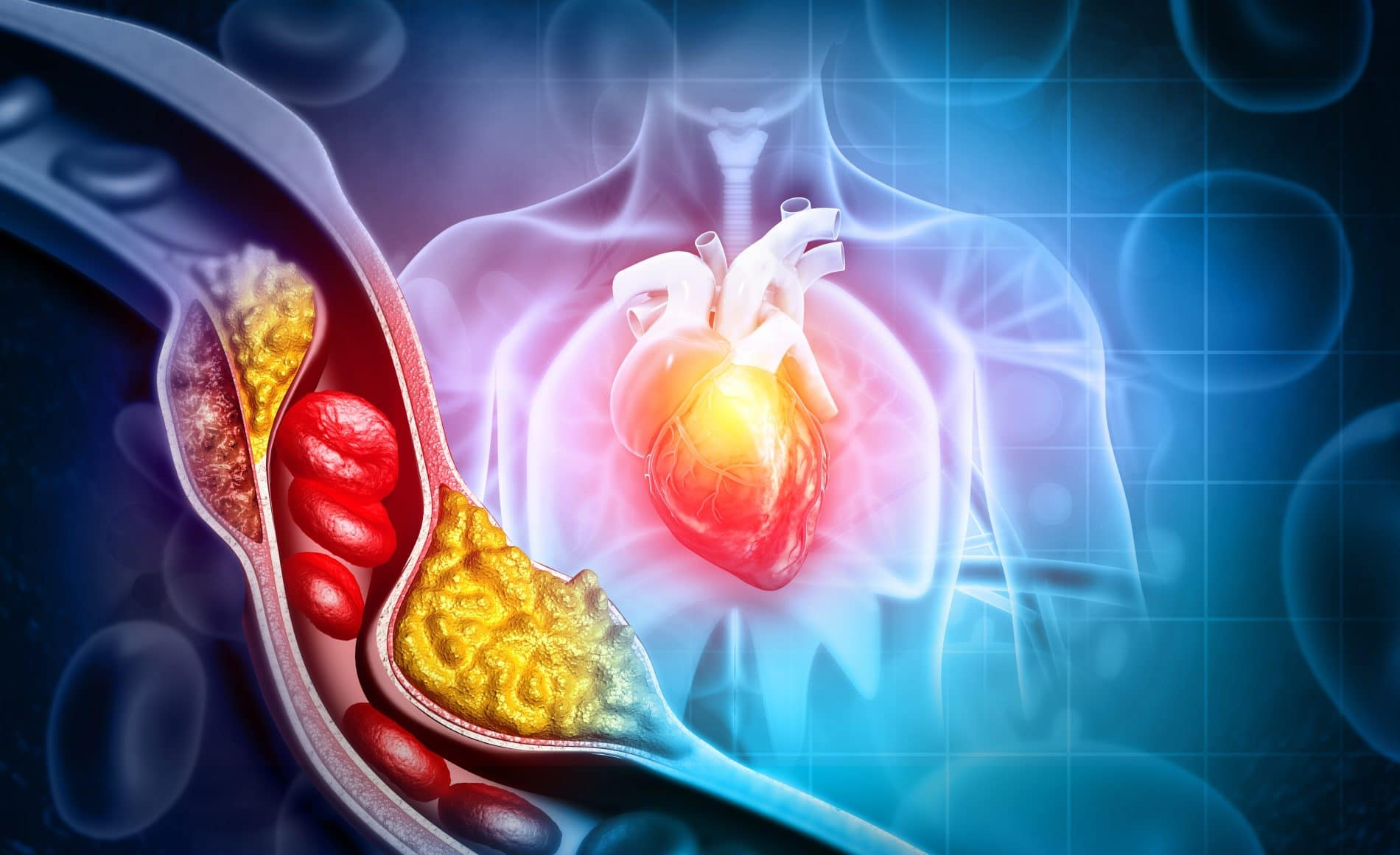High cholesterol is a critical health concern that can significantly impact your cardiovascular health. With rising LDL cholesterol levels being a primary risk factor, it’s essential to understand how cholesterol management plays a crucial role in heart disease prevention. Many people remain unaware of the long-term effects of high cholesterol, often assuming it is not a pressing issue until symptoms arise. However, effective statin therapy can help lower cholesterol levels and reduce the risk of heart disease, making early detection and management vital. By prioritizing lifestyle changes and monitoring cholesterol levels, we can shift toward a healthier future, combating the leading cause of death in America.
Elevated lipid levels in the bloodstream, commonly referred to as high cholesterol, pose significant threats to overall heart health. This condition is linked closely with the risk of developing heart disease, prompting the necessity for proactive cardiovascular health measures. Those unaware of their lipid profiles might find themselves at risk, as poor cholesterol management can lead to serious health concerns over time. Understanding the implications of elevated LDL and the importance of preventive strategies, including medication such as statins, is crucial for safeguarding one’s well-being. By embracing a proactive stance on heart health, individuals can mitigate risks and foster a healthier lifestyle.
Understanding High Cholesterol and Its Risks
High cholesterol is a common health concern that can lead to serious cardiovascular diseases if not managed properly. The presence of elevated levels of LDL cholesterol, commonly referred to as ‘bad’ cholesterol, increases the risk of heart disease significantly. Many individuals may not realize that high cholesterol doesn’t just come with age; it tends to accumulate over time due to lifestyle choices and dietary habits. Thus, early awareness and proactive management of cholesterol levels are essential in preventing long-term health complications.
To effectively confront high cholesterol, individuals should prioritize cholesterol management strategies such as regular health screenings and educational initiatives. Understanding one’s cholesterol numbers, particularly LDL levels, plays a crucial role in heart disease prevention. By actively monitoring these levels, patients can work with healthcare providers to devise tailored approaches to improve their cardiovascular health and minimize risks associated with high cholesterol.
Frequently Asked Questions
What are the implications of high cholesterol for cardiovascular health?
High cholesterol, particularly elevated LDL cholesterol levels, significantly increases the risk of cardiovascular health issues, including heart disease and stroke. Managing cholesterol levels is crucial for heart disease prevention, as high LDL levels can lead to plaque buildup in arteries, resulting in reduced blood flow and potential heart attacks.
How can cholesterol management reduce the risk of heart disease?
Effective cholesterol management, including lowering high LDL cholesterol levels through diet, exercise, and possibly statin therapy, can drastically lower the risk of heart disease. Maintaining cholesterol at optimal levels reduces artery blockage and enhances overall cardiovascular health.
What role does statin therapy play in controlling high cholesterol?
Statin therapy is a common treatment prescribed to lower high cholesterol levels, specifically reducing LDL cholesterol. This medication helps decrease the risk of heart disease by preventing plaque accumulation in arteries, promoting better cardiovascular health.
How often should I get my cholesterol levels checked for heart disease prevention?
For optimal heart disease prevention, adults should have their cholesterol levels checked at least every four to six years. However, those with a family history of high cholesterol or heart disease should discuss more frequent screenings with their healthcare provider.
What lifestyle changes can I make to manage high cholesterol?
To manage high cholesterol effectively, consider adopting a heart-healthy diet rich in fruits, vegetables, whole grains, and healthy fats. Regular physical activity, maintaining a healthy weight, and avoiding tobacco can also significantly improve cholesterol levels and cardiovascular health.
What are the risks of ignoring high cholesterol levels?
Ignoring high cholesterol levels can lead to serious consequences, primarily increasing the risk of heart disease, heart attacks, and strokes. It’s crucial to address high LDL cholesterol levels through lifestyle changes or medication to protect cardiovascular health.
Are there any natural remedies for lowering high cholesterol?
Yes, several natural remedies can help lower high cholesterol levels, such as increasing fiber intake, consuming omega-3 fatty acids (found in fish), and incorporating nuts and olive oil into your diet. However, it’s essential to combine these with regular medical guidance for effective cholesterol management.
What is the difference between LDL and HDL cholesterol?
LDL (low-density lipoprotein) cholesterol is often referred to as ‘bad cholesterol’ because high levels can lead to artery blockage and heart disease. Conversely, HDL (high-density lipoprotein) cholesterol is known as ‘good cholesterol’ as it helps remove LDL cholesterol from the bloodstream and supports cardiovascular health.
| Key Points |
|---|
| Cardiovascular disease is America’s leading cause of death. |
| Patients often take a casual approach to heart disease prevention. |
| Advancements in technology improve diagnosis and treatment. |
| Patients need to know their health numbers early on. |
| Many patients skip screenings and stop medications. |
| Navigators help ensure patient adherence to treatments. |
Summary
High cholesterol is a critical concern in today’s healthcare landscape, emphasizing the importance of proactive heart health management. Cardiovascular disease continues to dominate as the leading cause of death, creating a pressing need for awareness and preventive measures. Despite advancements in medical technology and treatment, patients often remain uninformed or indifferent about their cardiovascular health, which can lead to severe consequences. It is essential to promote education around maintaining optimal cholesterol levels, timely screenings, and adherence to prescribed medications. Only through understanding and action can we address the silent threat of high cholesterol and its implications on heart disease.
